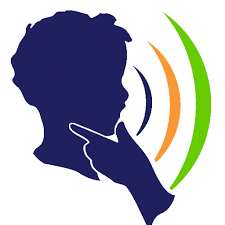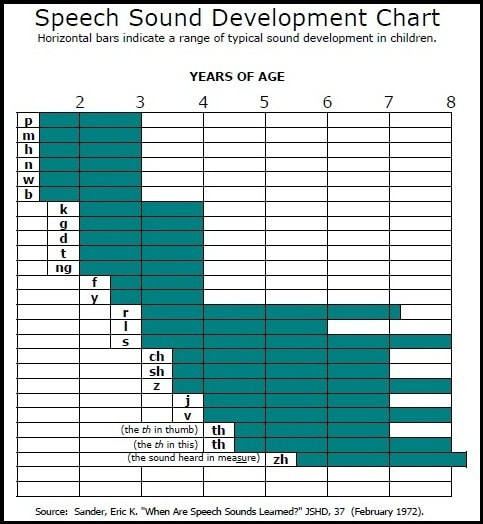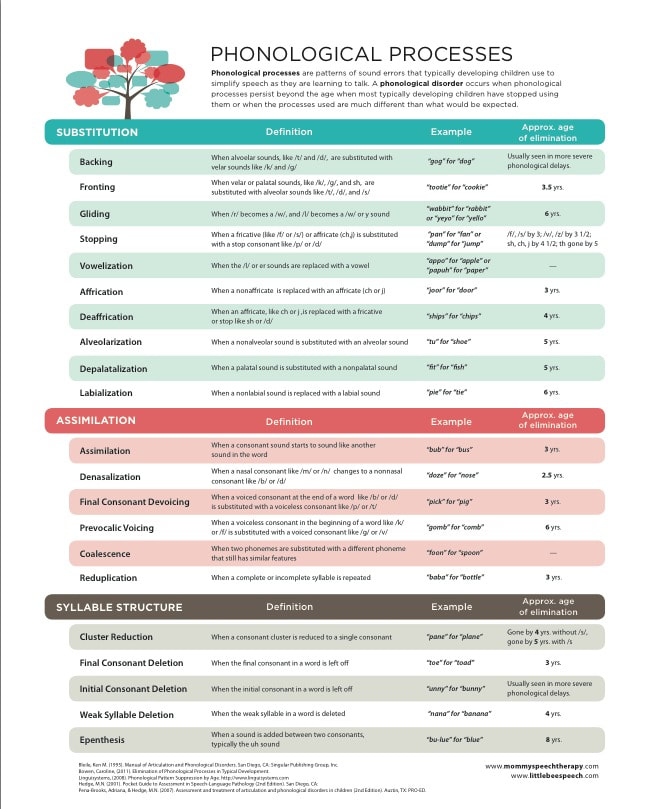Life-Long Impacts of Articulation
Having difficulty pronouncing speech sounds and words correctly can have serious consequences. Frustration of not being understood, embarrassment, low self-esteem, bullying, and the adverse effects on job and career are just some of the consequences. Children and adults can have difficulty speaking clearly.
Problems with articulation can be as a result of a variety of circumstances, such as having a foreign accent, childhood apraxia of speech, problems with mouth muscles and structures, incorrect movements of oral structures, hearing impairment, and extended thumb sucking and pacifier use.
Before a therapy program can begin, the client must be evaluated to help learn about what might be contributing to the articulation problem (physical. neurological, learned) and if there are specific sounds or sound patterns that are difficult to produce.
Progress is dependent upon the amount of home practice completed. Therapy and practice for an articulation problem or for accent modification involves listening activities and practice correctly saying the speech sounds individually, in words, and in longer contexts.
Problems with articulation can be as a result of a variety of circumstances, such as having a foreign accent, childhood apraxia of speech, problems with mouth muscles and structures, incorrect movements of oral structures, hearing impairment, and extended thumb sucking and pacifier use.
Before a therapy program can begin, the client must be evaluated to help learn about what might be contributing to the articulation problem (physical. neurological, learned) and if there are specific sounds or sound patterns that are difficult to produce.
Progress is dependent upon the amount of home practice completed. Therapy and practice for an articulation problem or for accent modification involves listening activities and practice correctly saying the speech sounds individually, in words, and in longer contexts.
Is My Child's Articulation Normal for Their Age?
|
Many speech sounds are developmentally appropriate. This means that it is normal for a 4 year old to not be able to say the /TH/ sound perfect just yet. Articulation may however be impacted by neurological disorders, hearing loss, oral motor weakness, oral motor planning disorders (Apraxia). In cases where the sounds are not developmental, it is important to seek therapy to
Can they work on articulation therapy at school?Sometimes they can! If their articulation is impacting their ability to access their education, then therapy is provided as a school service. Often times, a child may present with an articulation disorder, but it does not impact their ability to perform in the classroom. In that case, parents often seek out speech privately outside of school to remedy the articulation difficulty.
|
What is a Phonological Process and Why is my Child Doing It?
|
Check out Heidi's Post and get the download for this developmental chart by clicking here!
|
WHAT IS A PHONOLOGICAL PROCESS?
Phonological processes are sound errors that are part of the process of learning tp speak. They typically occur chronically and are pervasive throughout the child's speech. They are identified based on the types of errors the child is producing. WHY IS MY CHILD DOING THIS? They do this because when learning to speak, you need to develop coordination of the oral musculature (lips, teeth, jaw, tongue, etc.) and this is a normal part of that learning process. WHAT DOES A PHONOLOGICAL DISORDER SOUND LIKE? As a result they simplify complex words in predictable ways until they develop the coordination required to articulate clearly. For example, they may reduce consonant clusters to a single consonant like, “pane” for “plane” or delete the weak syllable in a word saying, “nana” for “banana.” There are many different patterns of simplifications or phonological processes. SO, THEN THIS DOES NOT WARRANT THERAPY? They may, depending upon the age they are the type of phonological process they are making. It is perfectly normal for a 3 year old to change back sounds (like /k/) to a front sound (like /t/), but it is not normal for an 8 year old to make that error. In this case, therapy would be beneficial for helping to eliminate this error. Check out the link to the chart on the left to see if your child's errors fall in the normal or abnormal range. DOES T |
How do you remediate speech sounds?

There may be an underlying reason your child cannot produce a certain sound. Structurally, we evaluate and complete a full oral function examination to determine if there is anything physically impeding the child from producing the sounds.
Without getting to the root cause, articulation therapy can extend on for years.
Getting to the root cause typically can remediate issues with a minimal need for intervention.
We also utilize PROMPT to help develop the motor pattern needed to produce sounds a child is unable to make. You can learn more about PROMPT by clicking here.
Without getting to the root cause, articulation therapy can extend on for years.
Getting to the root cause typically can remediate issues with a minimal need for intervention.
We also utilize PROMPT to help develop the motor pattern needed to produce sounds a child is unable to make. You can learn more about PROMPT by clicking here.


